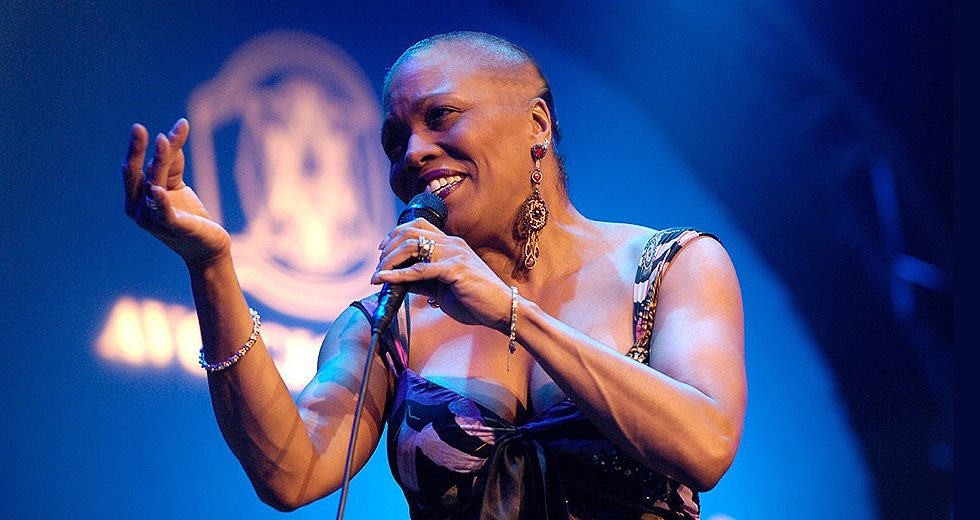
Dee Dee Bridgewater had been making trips to Memphis to learn more about her family’s life before she was born. While at the Memphis airport, she heard a song: “B.A.B.Y.” by former Stax Records star Carla Thomas. It hit a nerve.
“This is the music I should do,” Bridgewater thought.
So she did. Last fall, the jazz singer jumped genres and delivered “Memphis … Yes, I’m Ready” (DDB/Okeh/Sony), a collection of some of the most beloved songs to come out of her home city during its golden years.
Besides requisite songs popularized by Otis Redding (“Try a Little Tenderness”), B.B. King (“The Thrill Is Gone”) and the Staple Singers (“Why Am I Treated So Bad”), Bridgewater also spent time with the Sun Records and Hi Records catalogs with her versions of Al Green’s “I Can’t Get Next to You,” the Ann Peebles lament “I Can’t Stand the Rain” and the breakthrough Elvis Presley hit “Hound Dog,” originally recorded by blues belter Willie Mae “Big Mama” Thornton.
Bridgewater, who will appear June 1 at Symphony Center on a co-bill with the Legendary Count Basie Orchestra, made a point to record the album, not just in Memphis, but at Royal Studios, home of Hi Records and currently run by Lawrence “Boo” Mitchell, son of Hi impresario Willie Mitchell, who helped shape the Memphis soul sound through his string of hits with Al Green, including “Can’t Get Next to You,” “Tired of Being Alone” and “Let’s Stay Together.”
The younger Mitchell co-produced Bridgewater’s latest, which features all Memphis musicians. Bridgewater said that factor was imperative to the sound. “They know the material, which is the fabric of their city,” she said.
The album is a bookend of sorts to her 2007 album “Red Earth: A Malian Journey” (DDB/Universal), which was intended to explore her personal roots in Mali, West Africa. Like the Memphis album, that also was recorded at the source — in Mali itself and with local musicians.
Her Memphis connection is relegated to the first three years of her life when she lived in Memphis while her father, a local high school music teacher and trumpeter named Matthew Garret, taught a generation of students, including tenor saxophonists George Coleman and Charles Lloyd, and trumpeter Booker Little. The family ended up moving to Flint, Mich., where work was more plentiful. While during her childhood up north, Bridgewater started dialing her bedroom radio to WDIA, the first U.S. radio station that featured an all-black slate of personalities. Two of the station’s earliest DJs were B.B. King and Rufus Thomas, the musicians whom Elvis Presley later said were responsible for exposing him to soul and blues.
Another DJ, she learned, was her father, who operated a jazz show on WDIA between 1949 and 1952. That connection has not been realized until her latest album. “This was something I had always dreamed about doing,” she said. “This was music I had dreamed up on.”
The album has been nearly 50 years in the making. Bridgewater made her career as a Broadway actress and jazz singer, performing in some of the premier jazz orchestras of the early 1970s. A Tony Award-starring role in “The Wiz” took her around the world. In the late 1980s, she returned to jazz and launched a solo career, which led her to acclaimed tributes to Horace Silver and Ella Fitzgerald.
This current tour will musicians from the Memphis album, including two back-up singers and a small horn section. Bridgewater will perform selections from the album and then sing a few numbers with the Legendary Count Basie Orchestra.
The experience of stepping outside of her comfort zone for some Southern soul is a challenge: “I’m trying to pay homage to a specific period of time,” she said. “I want to give justice to the songs and the recording artists who did these songs.”